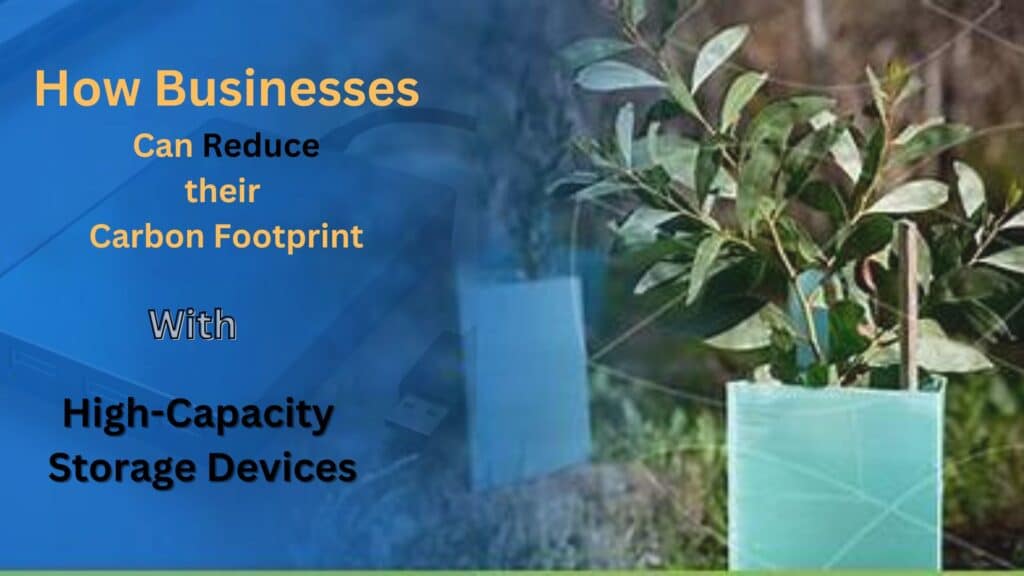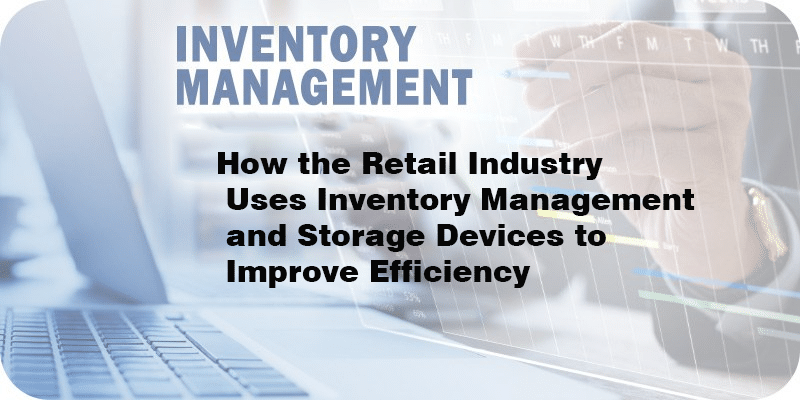Storage Products: 3 Key Environmental Certifications for Export Markets

Introduction
In today’s global market, businesses are increasingly expected to meet environmental standards, especially when selling in eco-conscious export markets Storage Products. Environmental certifications for storage products have become crucial for companies seeking to expand internationally. These certifications, such as RoHS, Energy Star, and CE, assure both manufacturers and consumers that products meet strict environmental guidelines. This article delves into the importance of environmental certifications for storage products, focusing on how they impact businesses seeking to grow in global markets while meeting the demands of eco-aware consumers. Understanding the value of these certifications is essential for businesses aiming to build trust and differentiate their offerings in an increasingly competitive landscape.
What Are Environmental Certifications?
- Definition and Examples of Common Environmental Certifications
Environmental certifications are third-party validations that confirm a product complies with environmental standards. These certifications focus on various factors such as material sourcing, energy efficiency, and the overall environmental impact of a product. Some of the most widely recognized certifications for storage products include:
- RoHS (Restriction of Hazardous Substances): RoHS ensures that storage products do not contain harmful levels of substances like lead, mercury, or cadmium, making them safer for both consumers and the environment.
- Energy Star: This certification is awarded to products that meet strict energy efficiency guidelines, helping businesses and consumers reduce energy consumption.
- CE Marking: The CE mark indicates that a product complies with EU safety, health, and environmental protection standards, which is essential for products sold in European markets.
- Why These Certifications Matter for Storage Products
These certifications matter for storage products because they provide transparency about the product’s environmental footprint. For businesses, obtaining these certifications is not just about regulatory compliance but also about fostering consumer confidence. As international markets increasingly value sustainability, certifications ensure products meet local and global environmental standards, facilitating smoother entry into these markets.
The Role of Certifications in Global Markets
- How Certifications Influence Consumer Trust and Market Acceptance
In an era where sustainability is a growing concern, consumers are more likely to choose products that demonstrate a commitment to environmental responsibility. Certified storage products signal to consumers that the product has undergone rigorous testing and complies with international environmental standards. This helps businesses build trust and credibility in markets where eco-conscious purchasing decisions are becoming more prominent.
- The Importance of Certifications for Businesses Looking to Expand into Eco-Conscious International Markets
In export markets, particularly in regions like the European Union and North America, having the right certifications can significantly improve a product’s chances of acceptance. Many countries have strict environmental laws that require companies to offer certified products, and certifications like RoHS, Energy Star, and CE mark can help storage products meet these regulations. For businesses looking to expand internationally, these certifications are often necessary for market entry, making them an essential aspect of global business strategies.
Benefits for Manufacturers and Consumers
- For Manufacturers: Compliance with Regulations, Enhanced Brand Image, and Market Differentiation
Obtaining environmental certifications can be a game-changer for manufacturers. By ensuring their storage products comply with various environmental standards, manufacturers can avoid legal complications and penalties in international markets. Certifications also provide a competitive edge, allowing businesses to market their products as eco-friendly, which is an increasingly attractive proposition in today’s environmentally conscious world. Furthermore, certifications help manufacturers enhance their brand image and position themselves as leaders in sustainability.
- For Consumers: Assurance of Product Quality and Eco-Friendliness
For consumers, environmental certifications offer peace of mind. When purchasing storage products, customers can rest assured that the product is both high-quality and eco-friendly. These certifications indicate that the product has undergone testing for energy efficiency, safety, and environmental impact, assuring consumers that their purchase aligns with their environmental values. In markets where sustainability is a priority, these certifications can be the deciding factor in a purchase.
Navigating Certification Processes
- Steps for Manufacturers to Obtain Environmental Certifications
Obtaining environmental certifications can be a complex process, but it is essential for accessing eco-conscious export markets. The first step for manufacturers is to familiarize themselves with the specific certification requirements for their target markets. For example, manufacturers looking to enter the EU market will need to ensure their storage products meet CE marking requirements, while businesses targeting the U.S. market may focus on Energy Star certifications.
- Testing and Documentation: Products must undergo testing by certified laboratories to ensure compliance with the required standards. Documentation proving the product’s compliance must be submitted to the relevant certification body.
- Product Design and Manufacturing: Manufacturers may need to adjust their product design and manufacturing processes to meet the criteria of the certification. This could involve using eco-friendly materials, improving energy efficiency, or reducing harmful substances.
- Challenges and Costs Associated with Obtaining Certifications, and How Businesses Can Overcome Them
While environmental certifications are beneficial, obtaining them can be a costly and time-consuming process. Certification fees, testing expenses, and potential redesigns can add up, making it essential for businesses to plan for these costs. However, the long-term benefits far outweigh these initial costs. By budgeting for certifications and starting early, manufacturers can streamline the process and avoid delays. Additionally, companies can work with third-party consultants who specialize in environmental standards to navigate the certification process more efficiently.
Conclusion
Environmental certifications for storage products play a crucial role in the global market. They not only help businesses comply with international regulations but also allow them to demonstrate their commitment to sustainability, enhancing their brand image and trust with consumers. As demand for eco-friendly products continues to rise, certifications like RoHS, Energy Star, and CE will only become more important for businesses looking to expand internationally. By prioritizing these certifications, manufacturers can tap into eco-conscious markets, ensure their products meet the highest environmental standards, and contribute to a more sustainable future.





